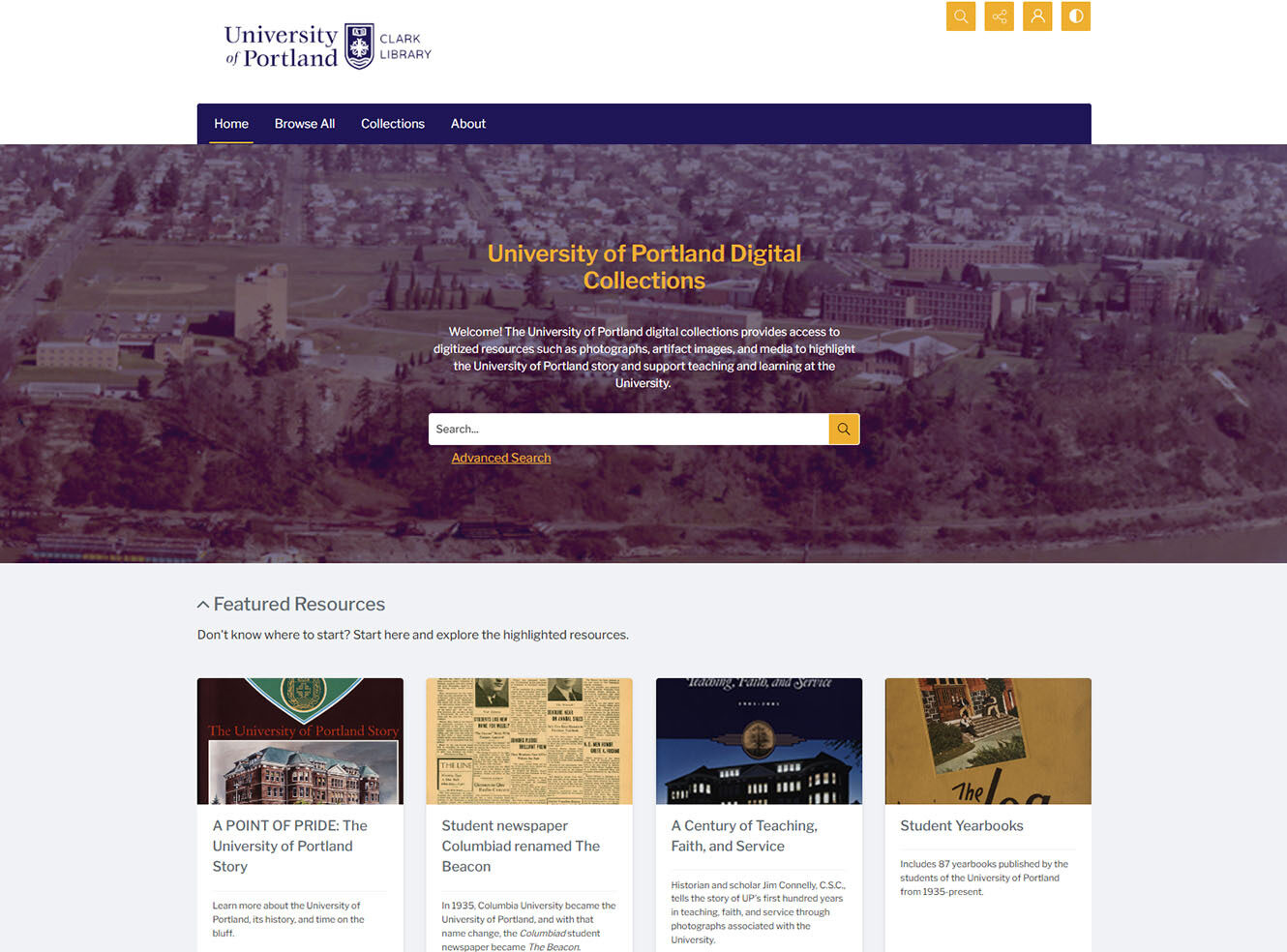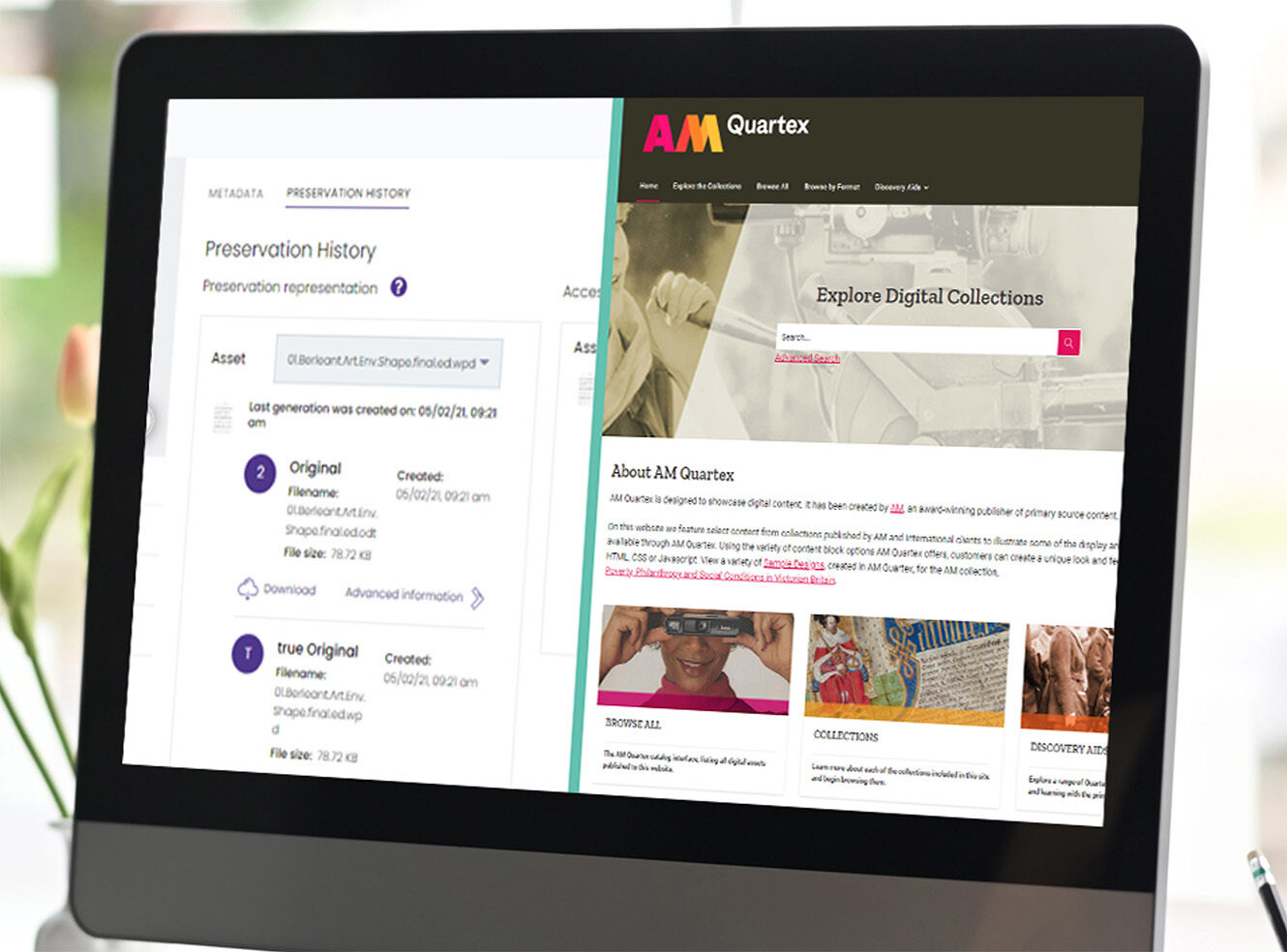Fuelling STEM innovation with digital primary sources
El Colegio de México (COLMEX) has leveraged Confidential Print: Latin America at the crossroads of history, economics and STEM. Found within the AM Archives Direct series, the resource has been key to advancing multidisciplinary research, allowing in-depth exploration of the links between foreign trade, economic modernisation, and the rise of fossil-based economies. Through curated teaching programmes, students have explored the ways in which historical events continue to influence the present and future of Latin America's energy transitions landscapes.
Interdisciplinary use in teaching and research
Professor María Cecilia Zuleta, a research professor at the Centre for Historical Studies at COLMEX, has incorporated the collection into the 2021-2025 Doctorate Programme in History (CEH-Colmex), titled 'Towards a History of Energy in Latin America in the 19th and 20th Centuries', with the collaboration and advice of Víctor Cid and Valentín Ortiz, academic librarians at the Daniel Cosío Villegas Library (BDCV). Students use the archival material to reconstruct the region’s energy history through diplomatic reports and detailed documentation of foreign investments, industry, and economic policy.
This approach has enabled deep investigations into capitalism and the concept of the “informal” British Empire, providing regional data from across South and Central America, and expanding direct access to primary sources that support rigorous research. Previously, accessing these files required travel to The National Archives, UK in London or the use of a limited microfilm collection in Mexico City, limiting the scope and depth of student research. With digital access, Professor Zuleta’s programme now equips students to reconstruct and compare energy trajectories across North, Central, and South America.
The collaboration with BDCV’s Librarian experts was helpful. Students have engaged with original government records, industry papers, and public notices to examine pivotal historical periods, including the First and Second World Wars. They investigated the management of fuel and energy under crisis conditions, drew links between foreign trade flows, industrial output, and community adaptation, and explored how policy and developments in technology shaped the expansion of fossil-fuel systems.
Research outcomes and broader implications
Confidential Print: Latin America has transformed both teaching and research at COLMEX. Digital access to primary sources has supported students to develop their critical analysis skills through assignments, which required them to interrogate accounts of energy history against first-hand evidence from multidisciplinary angles. By studying how energy shortages relate to social unrest, students gained skills to analyse connections among energy access, business, economics, politics, and major global events like the Russian and Mexican revolutions.
I wanted to familiarise the students on the historiography on energy, analysing its main trends, approaches and methods.
Her aim, was that students learned how to think and research in a comparative and connected way, exploring the history of Latin American energy from a variety of disciplinary angles, including geological, technological, social, cultural, environmental and geopolitical perspectives.
First, the students learnt how to analyse the history of different energy regimes and their characteristics in Latin America. Secondly, they were required to use secondary and primary sources to reconstruct the patterns of supply, demand, and consumption of renewable and non-renewable energy in Latin America during the capitalist era, from the export era to the latest wave of globalisation, with a focus on biomass, fossil fuels and hydroelectricity. Finally, the students learnt how to compare patterns of convergence and divergence in energy regimes and trajectories across North, Central and South America over the course of a century.
Conclusion
The classroom adoption of Confidential Print: Latin America from the AM Archives Direct series has supported, innovative applied research at COLMEX. It demonstrates how student engagement with diverse primary sources can deepen understanding of how trade, technological change, and social development have shaped one another, and how primary sources can be harnessed to understand the interrelations of history, economics, and STEM.
Recent posts

The University of Portland consolidated its digital assets and Scholarly Institutional Repository into a single, unified platform using AM Quartex, addressing inefficiencies and improving user experience. This transformation eliminated information silos, streamlined workflows and significantly enhanced the accessibility and discoverability of digital assets for both administrators and end-users.

AM has partnered with Preservica, a global leader in Active Digital Preservation archiving. The collaboration will result in an integration that offers libraries and archives a well-rounded digital ecosystem to protect and publish their digital assets.
